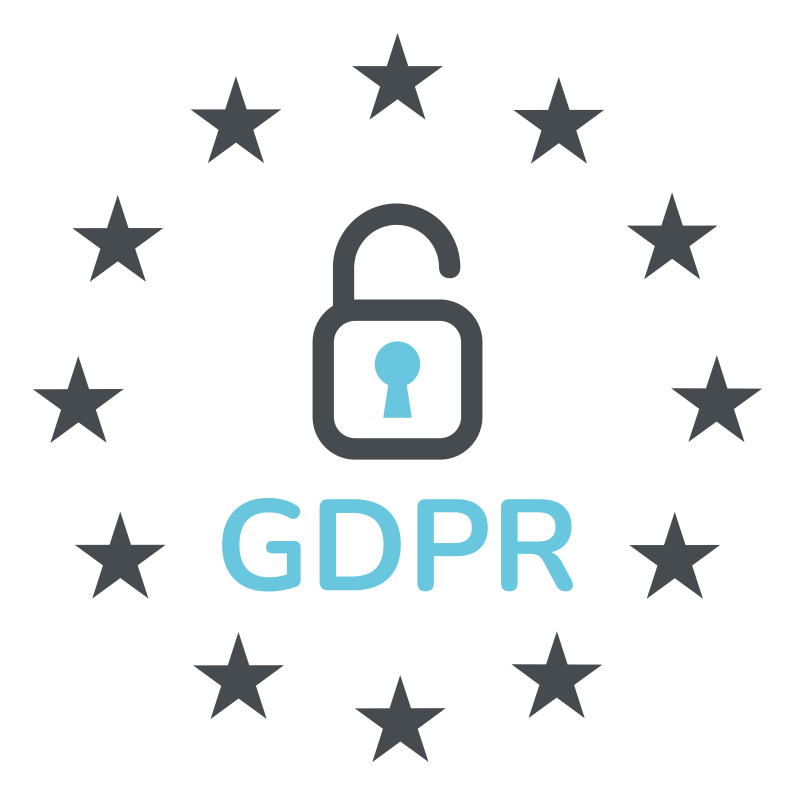Contract Management
What is contract management?
Contract management is the strategic process of overseeing the creation and execution of contractual agreements to ensure compliance, maximise operational and financial performance, and minimise risk. It involves coordinating legal, economic, and operational perspectives to manage relationships and obligations throughout the contract lifecycle.
Traditionally, contract management was a labour-intensive process, with time-consuming admin work, detailed manual tracking, and managing disjointed systems. However, digitisation and the wide range of tools available, including electronic signatures and digital document management solutions, have made contract management workflows more efficient and streamlined for businesses.
Key stages of contract management
Contract management involves several key steps to ensure the process is completed smoothly. These include:
Contract creation and negotiation
You should start the process by drafting the contract, establishing what your business needs from it, and identifying who will be involved. Once the contract has been created, negotiations with the other party take place to reach an agreement. Keep in mind that negotiating can come with challenges, including long back-and-forth exchanges, lost email threads, and version control issues.
Execution and implementation
After concluding negotiations and reaching an agreement, all parties must sign and finalise it before it becomes effective. At this stage, it’s important to ensure that all parties understand their obligations to meet the terms of the contract.
Monitoring and compliance
Tracking the performance of a contract against the terms it lays out is a key step in the contract management lifecycle. The contract creator must ensure that all parties are fulfilling their obligations. Inefficient systems can easily lead to important milestones being overlooked. Therefore, you should monitor progress and ensure all contract requirements are met.
Renewal or termination
At the end of the term, it needs to be decided whether the contract will be renewed or terminated. This may involve renegotiating terms, extending the contract, or ending it with the parties involved. When handling renewals manually, businesses sometimes miss key deadlines, resulting in unplanned auto-renewals or missed opportunities for renegotiation. Digitising contract management with the right software can make renewals and terminations seamless.
Risk management
Effective contract management workflows help businesses identify and reduce the potential risks associated with the contract, such as financial risk or reputational damage.
Benefits of effective contract management
When executed efficiently, contract management delivers significant value to businesses by enabling the following key benefits:
- Drive better outcomes – monitoring contract obligations closely ensures that all parties stay aligned, which helps keep projects on track and supports stronger overall performance.
- Establish reliable collaborations – honouring contractual commitments and maintaining open communication supports trust-building and promotes long-term, mutually beneficial business relationships.
- Unlock full contract value – effective oversight of contracts helps identify and capture missed opportunities, reduce financial losses, and ensures that every agreement delivers its intended return.
- Streamline operations – automating and simplifying the contract process reduces administrative burdens, allowing teams to dedicate more energy to strategic, high-priority work.














